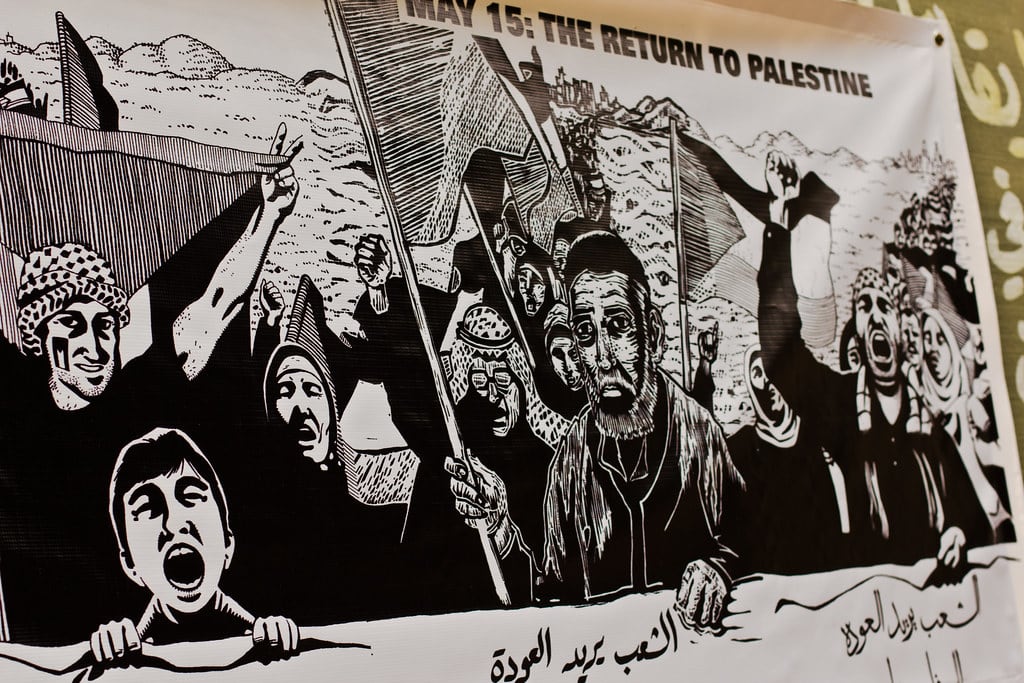We, the undersigned, are deeply concerned by the current, ongoing attacks on academic freedom we are experiencing across Europe. We write this letter in full support of the EASA Executive Committee’s Statement on the situation in Gaza.
EASA has issued several political statements and letters of support over the years. Most recently in 2022, for example, the Executive Committee issued a statement in support of Ukraine in the face of Russian aggression. Similarly, EASA’s latest statement, on the situation in Gaza, expresses grief at the massacre of thousands of Palestinian civilians. We strongly support the Executive Committee’s voicing of what we see as a necessary position in response to the indiscriminate destruction of Palestinian lives and civilian infrastructure in Gaza by the Israeli military and government. The statement also emphasises European complicity in the current violations of human rights, as well as the widespread political and media backlash against any form of academic and public solidarity with the Palestinian struggle.
In a historical moment when all informed humanitarian actors and the UN are trying to bring attention to the flagrant violations of International Humanitarian Law, and are calling for the respect of human rights and dignity in Gaza, many European academics (including anthropologists) argue for the need to remain ‘apolitical’. Yet this argument is largely used to shut down expressions of solidarity with the Palestinian people and dismiss any criticism of Israel’s military offensive as anti-Semitic. The current conflict is instrumentalised to shut down nuanced opinions, including, crucially, Jewish and Palestinian voices for peace, and to intensify attacks on the social sciences for promoting critical thinking.
Anthropology is already a relatively marginal discipline that is often ignored or misunderstood in public opinion, but anthropology’s problematic past entanglement with the colonial project makes it also uniquely placed to reflect on the links between regimes of truth and colonial oppression. Nothing in the Constitution or in the bylaws prevents EASA from issuing such a statement. Quite the contrary, Article 6 of the EASA constitution states: “The objectives of the Association are to promote education and research in social anthropology by improving understanding of world societies and encouraging professional communication and cooperation between anthropologists, especially in Europe”. Being present in public conversations is part of this, as it demonstrates anthropology’s contribution to understanding world societies.
Knowledge production is and has always been inherently political. Placing current events within their broader historical and geopolitical context is, in fact, essential. It is our duty to share our expertise in wider public debates, and we should be able to do so free from fear of censure, harassment, and reprisal. A statement such as EASA’s becomes particularly important when there is a dominant, mainstream narrative that drowns out other voices. Moreover, the decision to stay silent in response to ongoing atrocities and efforts to silence fellow academics is also a statement in itself, and one that we do not support.
In light of the growing restrictions on academic freedom in Europe and the threats colleagues are facing as a result of their public stance against the human rights violations committed in Palestine, we request that EASA’s Executive Committee establishes a Working Group tasked to 1/ Look into and address the growing restrictions on academic freedom in Europe, 2/ Offer support to colleagues who face reprisals for publicly sharing their anthropological analysis of settler colonialism, 3/ Look into and suggest ways to address the situation of Palestinian academics and students in Europe and the Middle East. This working group should draft policy recommendations that will be presented and discussed during the upcoming EASA General Assembly in Barcelona in July 2024.
We understand that some of our colleagues who are currently being silenced will not be able to sign this letter. We therefore ask them to join the EASA General Assembly on December 21st (online from 2 to 4PM CET) and vote anonymously in favour of the establishment of the Working Group on Academic Freedom and Human Rights.






Thank you for the statement and the comment! It is really, really important to stand up against settler colonialism as well as for academic freedom.
Please put me on the list of supporters.